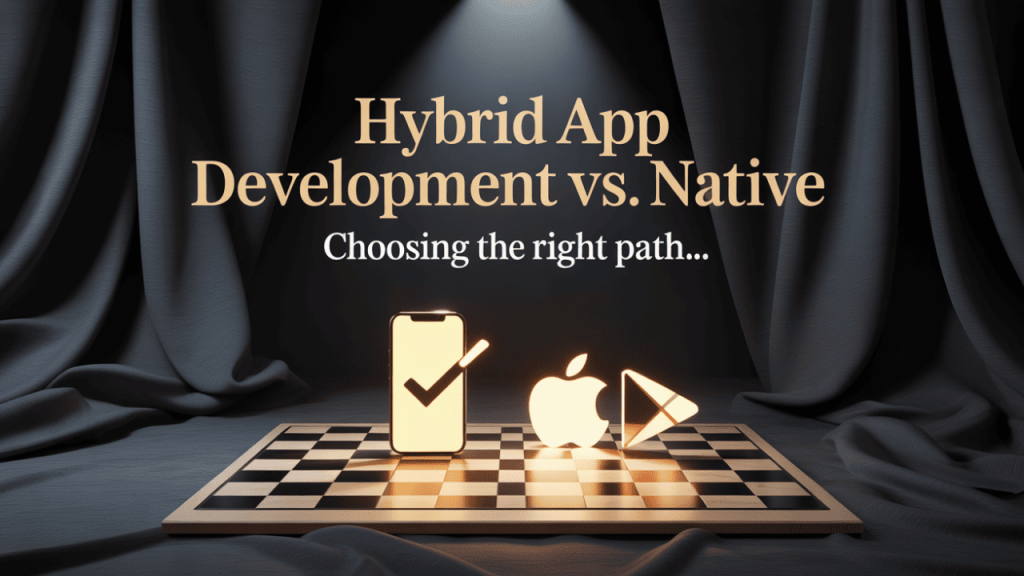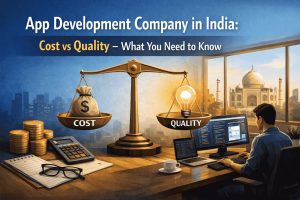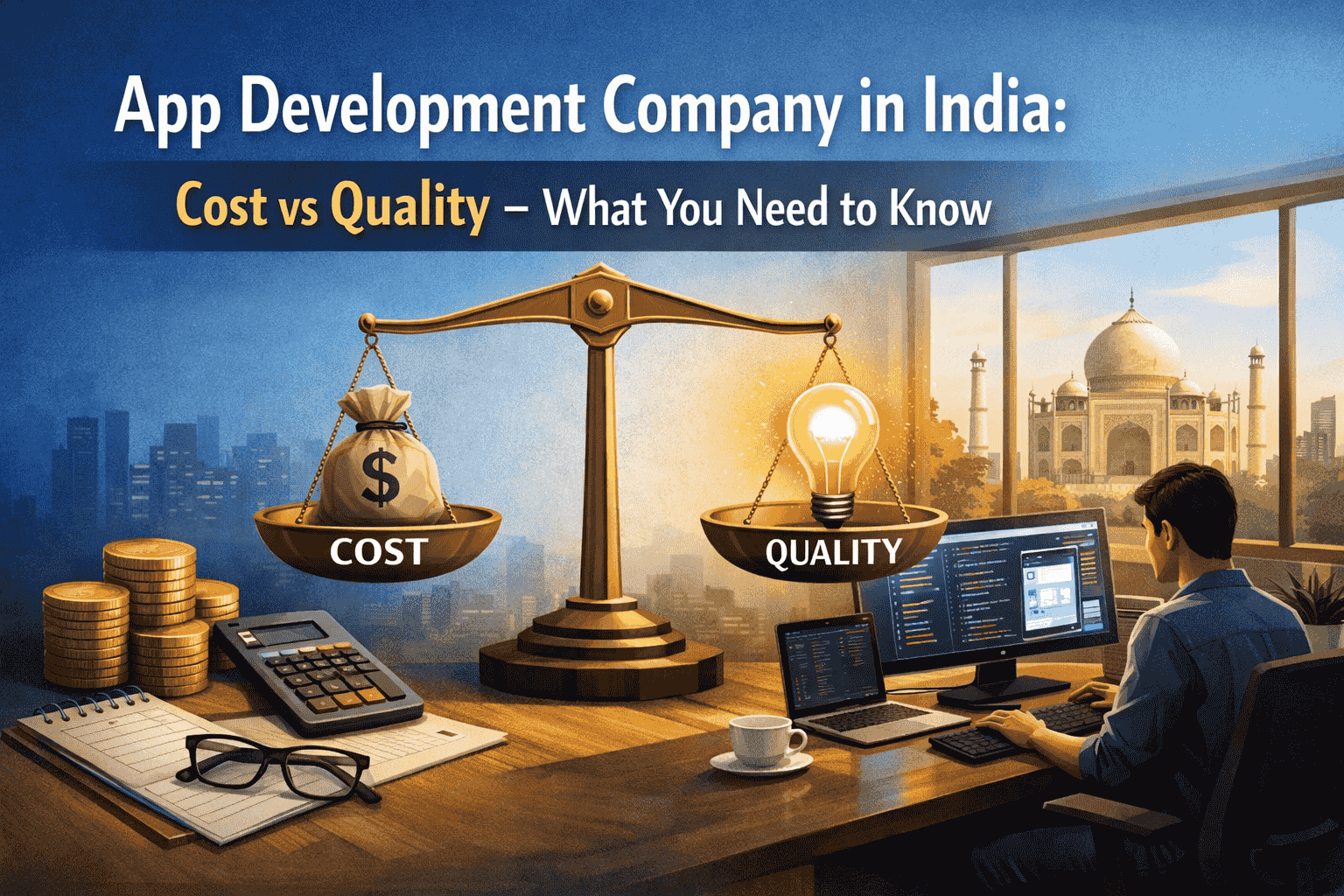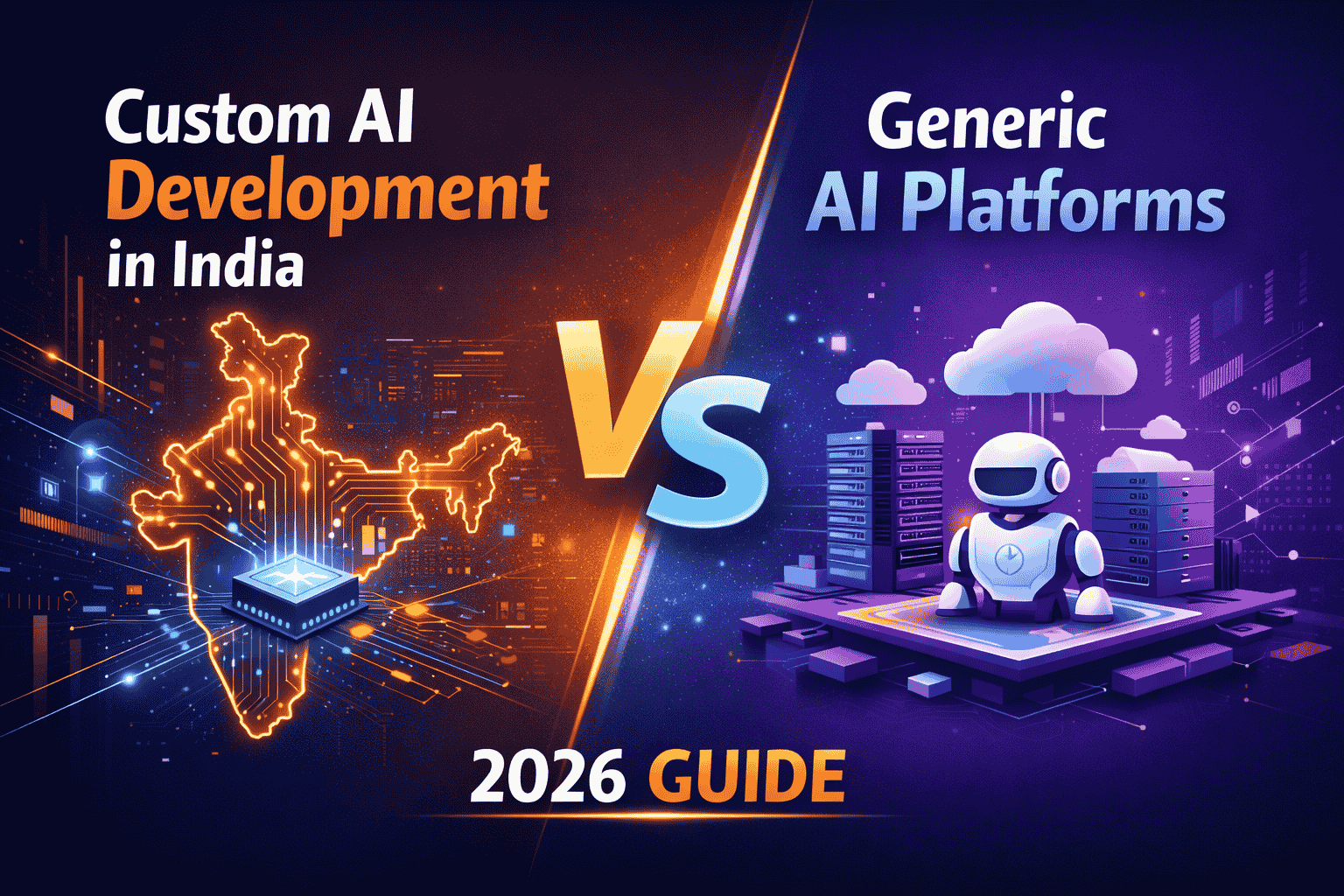Almost every business today relies on mobile applications to be connected with its customers. From ordering food and booking cabs to checking bank balances and shopping online, applications actually have quietly become a part of our everyday life. For businesses, they are no longer just an extra feature; they’re mostly the main way to grow, engage, and stay ahead of the competition.
However, here’s the tricky part: Hybrid App Development vs. Native. Which approach should you choose to build your app?
Just think of it like choosing where to live. A ready-to-move apartment saves our time and money; on the other hand, a custom-built house actually takes longer but provides you with complete freedom to design things your way. Both options serve the purpose, but the experience, cost, and long-term value vary.
In this blog, we’ll break down what exactly makes native and hybrid apps unique, their pros and cons, and how to decide which one fits your business goals best.
Table of Contents
ToggleWhat Is Hybrid App Development?
Hybrid app development literally refers to the development of one application that will automatically be compatible with both platforms, i.e., iOS and Android, using cross-platform frameworks.
Examples of popular ones are Flutter, React Native, and Ionic. In this case, developers do not have to write different code on each platform.
They instead develop a single codebase that works flawlessly everywhere. This method now saves time and costs less to develop and enables many device features like camera, GPS, and push notification but can at times be slightly limited in comparison to native applications.

Strengths:
- Faster development: A Single codebase seamlessly works on both platforms.
- Cost-effective: There’s no need to build 2 separate applications for different platforms.
- Easier maintenance: If updates and bug fixes rise, then it can be applied to both iOS and Android at once.
- Good for MVPs: Great for testing ideas quickly.
Limitations:
- Performance can lag: Though these apps aren’t as fast or smooth as native applications, especially for heavy tasks.
- Limited access to some features: Advanced device functionality may require an additional plugin or custom coding.
- User experience may vary: Design might not feel completely natural or every platform.
Also Read: Android vs iOS App Development: How to Choose the Right Mobile App Development Platform?
What Is Native App Development?
Native app development refers to developing a mobile app that is particular to a single platform, either iOS or Android. Swift and Kotlin are programming languages developers use to create these apps.
Since the application is made specifically to a single platform, it can utilize the capabilities of the device fully, including the camera, GPS, push notifications, sensors, and even certain other more advanced features such as AR or motion detection.
Now, this makes native applications quicker, smoother, and even more dependable than several-platform applications. The apps are particularly appropriate where a business desires high performance in the application, a smooth user experience, and the capability to scale applications with increasing users.
Strengths: Native apps are really fast, smooth, and feel natural to users as they follow the platform’s design rules. They work really well for complex apps and can grow easily as your business expands.
Limitations: When it comes to limitations, the main drawback is cost and time. You have to build apps for separate platforms, iOS and Android, which actually makes the development longer and updates or fixes more work.
Also Read: Best Practices for UI/UX Design in React Native Apps
A Quick Comparison: Hybrid App Development vs. Native
| Aspect | Native Apps | Hybrid Apps |
| Platform | Designed specifically for iOS or Android | One app works on both iOS and Android |
| Languages / Frameworks | Swift, and Kotlin | Flutter, React Native, Ionic |
| Performance | Excellent – fast and smooth, handles heavy tasks well | Very good – nearly native performance for most apps; may lag on heavy graphics/AR. |
| User Experience | Seamless and natural on the platform | Decent, but may not feel fully native |
| Access to Device Features | Full access to all hardware and OS features | Limited access to some advanced features; may need plugins |
| Development Time & Cost | Longer and more expensive – separate apps needed | Faster and more cost-effective – single codebase for all platforms |
| Maintenance | Updates and fixes are done individually per platform | Easier – one update covers all platforms |
| Ideal Use | Complex apps, high performance, long-term growth | Quick launches, MVPs, budget-conscious projects |
Key Comparison Factors Hybrid vs Native App Development
- Development Cost and Speed:
Hybrid apps save time and money because one codebase works for both platforms. On the other hand, native apps take longer and cost more because separate versions are required for iOS and Android.
- Performance and Scalability:
Native apps deliver faster, smoother performance and can handle complex features easily. Hybrid apps may lag with heavy tasks, but work well for simpler apps and moderate scalability.
- User Experience:
When it comes to user experience, native apps feel natural and intuitive, and follow platform-specific design guidelines. And, hybrid apps offer a decent experience, but subtle differences in layout or responsiveness may affect user satisfaction.
- Maintenance and Updates:
Native apps need separate updates for iOS and Android, and increase effort. Whereas hybrid apps allow a single update in order to cover both platforms, and simplify maintenance and bug fixes.
- Market Readiness in 2026:
Hybrid frameworks like Flutter and React Native are widely adopted, and make cross-platform apps viable. Native apps remain preferred for high-performance, complex apps and premium user experience expectations.
Also Read: Advantages of Native Mobile App Development
Case Examples
When it comes to making a choice between native and hybrid apps, it totally depends on your business goals, budget, along with the type of user experience you want to deliver. Here are some real-world scenarios in order to help guide your decision.
When Businesses Should Choose Native:
If a business needs top performance, advanced features, or sometimes a highly interactive experience, then native apps are great. For example, gaming companies, video streaming platforms, or even fintech apps that need strong security often benefit from native development.
When Hybrid Makes More Sense:
Hybrid apps are the perfect choice for startups or small businesses that are aiming to launch quickly and save costs. Apps that really don’t need heavy processing, like e-commerce catalogs, event apps, or even MVPs, perform well with a single cross-platform codebase.
How to Decide for Your Business
Choosing the right app type isn’t just about trends. Over and above that, it’s actually about your business goals, budget, and the kind of experience you want to deliver to your users. So, asking the right questions upfront makes the decision clearer:
- What’s my budget and timeline? If you need a fast launch at a lower cost, hybrids may prove better. If long-term growth and performance matter most, then always consider native.
- How complex is the app? Applications with heavy graphics, advanced features, or even integration usually perform best as native applications.
- Who are my users? If you want a premium, seamless experience, native is truly perfect. For simpler apps reaching multiple platforms quickly, a hybrid stands out.
- How often will I update it? Hybrid apps simplify maintenance across platforms; on the other hand, native apps need separate updates.
- What’s my long-term plan? Think about scaling, adding features, and evolving user needs before even deciding.
Also Read: How to Hire a Mobile App Development Company in India?
Final Thoughts
When it comes to choosing between hybrid app development vs. native, it heavily depends on your business goals, budget, and the exact user experience you want to deliver. Native apps provide you with unmatched performance and scalability; on the other hand, hybrid apps provide faster, cost-effective cross-platform solutions.
So, understanding your preference truly ensures the right choice for long-term growth. Mypcot, a trusted app development company in India, combines expertise in both approaches and helps businesses design and launch apps that perform, engage users, and scale seamlessly. Consult Mypcot to craft a solution customized perfectly to your vision.











